Local butcher Michael Fleming fills us in on how to get the most bang for our bucks
Don’t go overboard when buying.
Resist the urge to get carried away with special offers. There are plenty of “three for €10” packages available at many butchers, and it’s easy to think you’re getting great value, but really think about when you’ll use the meat – if you’re going to end up throwing it away, or leaving it languishing in your freezer for years, it’s not value at all. Meal planning and shopping accordingly is the best way to ensure minimal food waste, saving yourself good money.
Recognise what’s worth buying in bulk.
Things you use all the time (such as chicken fillets or beef mince) are worth stocking up on, especially if you have a large freezer. Otherwise, just buy what you need, fresh, on a regular basis.
Don’t be afraid to set a budget at the butcher.
Never be embarrassed to say you only have a certain amount to spend. If you’re on a budget, it always helps to clarify this to your butcher – he/she will always try to get you the best possible value and can show you how to maximise your spend.
Ask for cooking advice.
Whether it’s new ways to cook your family’s favourite meats, or guidelines on how to tackle something new, your butcher has advice and ideas waiting for you. Take advantage of his/her knowledge and be sure to ask any questions that come to mind.
Buy seasonally… most of the time.
In general, buying meat in season is the most cost-effective way to shop. Venison, for example, is something that is perceived as very expensive, but this is not necessarily the case if you buy it in season. The one exception is lamb, which tends to go up in price during the spring. You’ll find much better value for lamb if you buy it at the end of the season.
There is no such thing as the “best” cut.
A fillet steak isn’t “better” than beef ribs just because it’s more expensive. It all depends on two things: personal preference and how you’re planning on treating the meat.
Be responsible when buying meat.
Following on from that, don’t always go for the fancy, more expensive cuts. Not only are you spending far more than you should be, but often the cheaper cuts have more flavour. Furthermore, as a butcher, I firmly believe that every part of the animal deserves to be used – this is a way of showing respect for the animals we butcher. We encourage this attitude in our customers so that we can keep doing our best to ensure that nothing is wasted.
Pay attention to serving sizes.
In general, it’s better for your waistline and your wallet to eat reasonably portioned meat. Aim for somewhere around 170-200g per person for “whole” meat, such as steaks or chops; with meat that’s going into a pie or similar dish, you can use less of it and bulk it out with fresh vegetables and potatoes.
Use up leftover meat in new ways throughout the week.
There are so many ways to repurpose leftover meat, and many of them end up even more delicious than the original meal. Leftover corned beef? Pan-fry it with sliced potato and onions. Use leftover meat from a Sunday roast to make a delicious stew or pie. Even cooked sausages or rashers can be used to fill sandwiches or rolls the next day, or chopped and added to omelettes or scrambled eggs. Pick every last bit of roast chicken from the bones and make club sandwiches for dinner, or freeze for your next chicken pie. There’s always a way to use leftover meat and the important thing is not to waste anything – cooked meat will last in the fridge for three days, and if you’re not going to use it within that time, pop it in the freezer for another day.
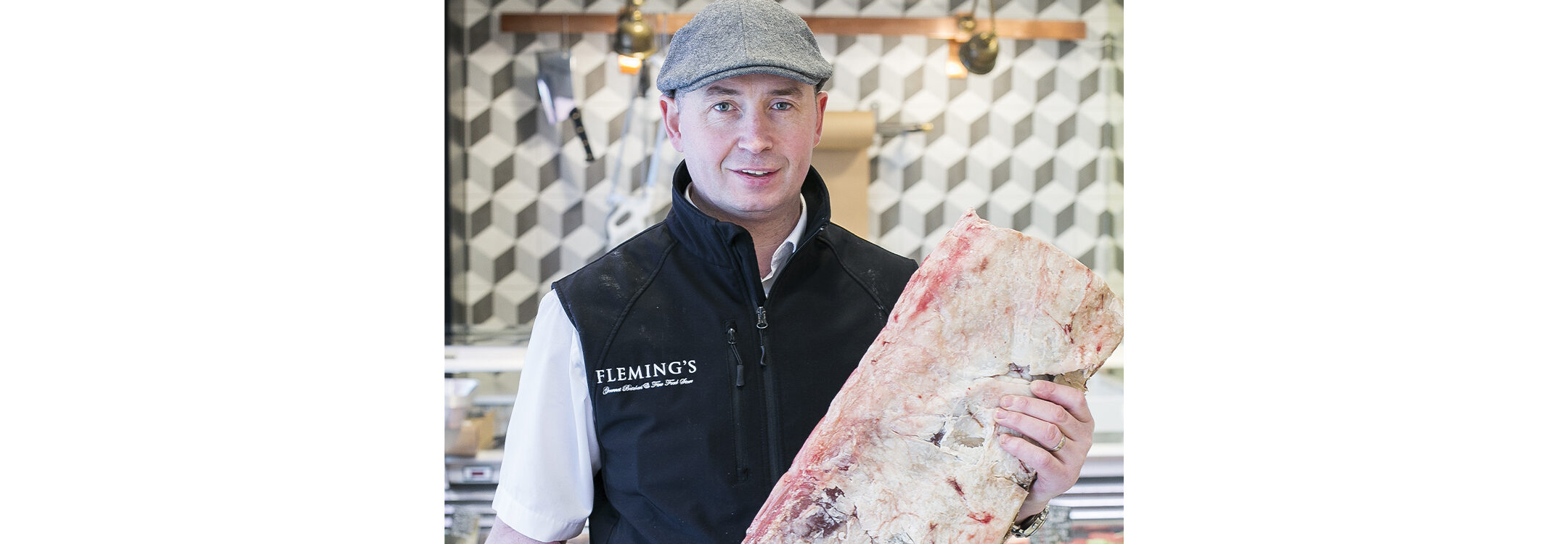
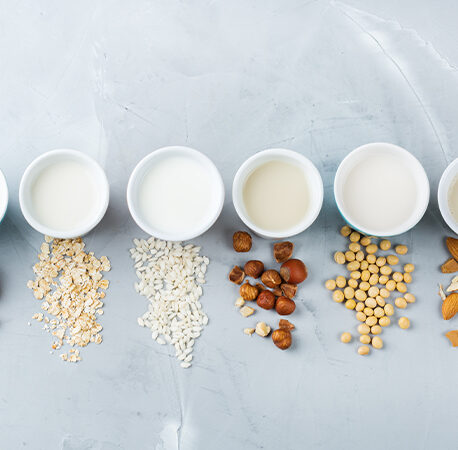
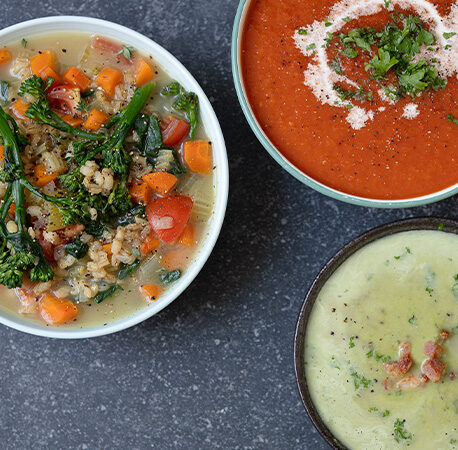

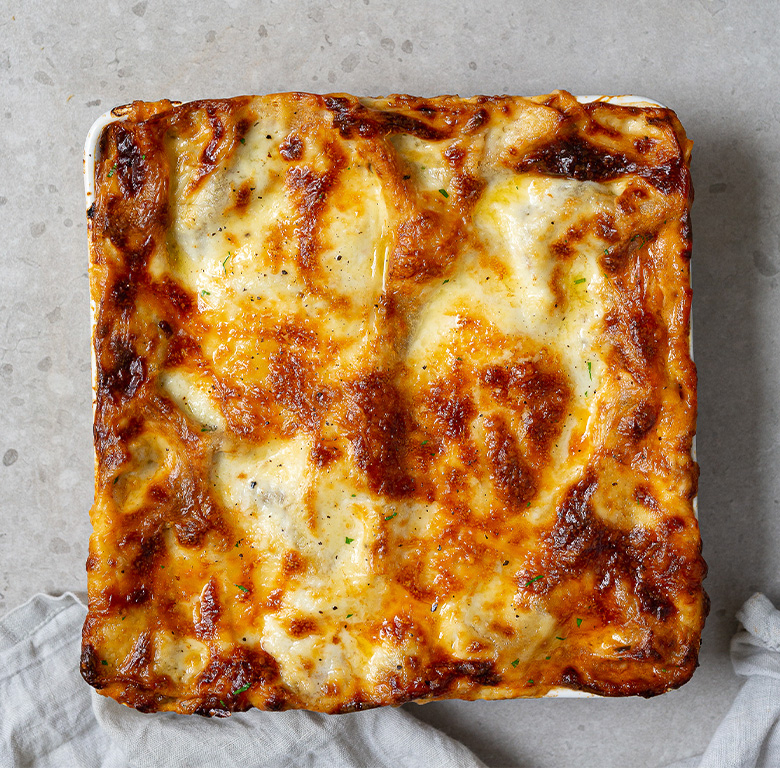
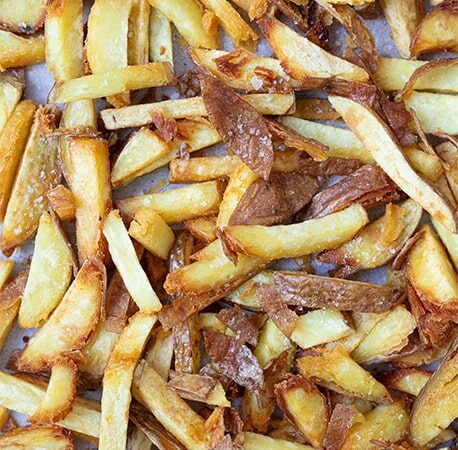
You have to be signed in to comment this post.